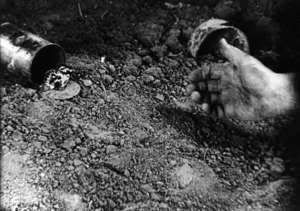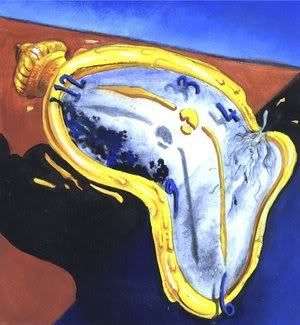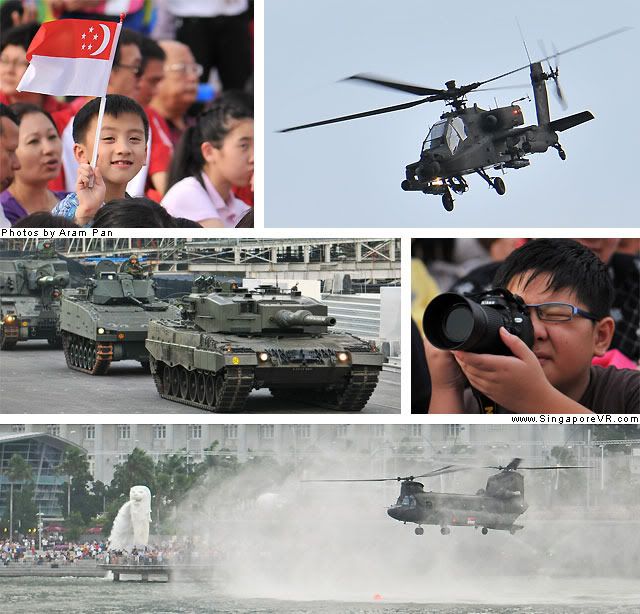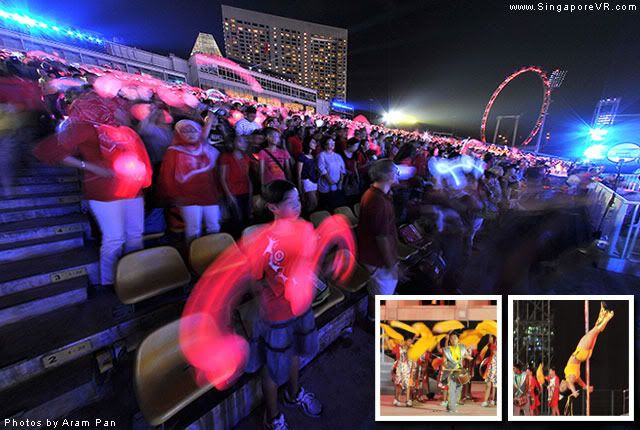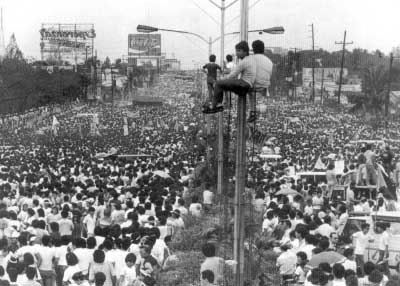Every year on Armistice Day and V-Day Europe remembers the dangers of nationalism—at least one would hope. In contrast, I don't think too many people in Asia are attuned to it. Maybe not enough of us have died tragically in its name?
Certainly, between violent squabbles about the ruins of a temple and lengthy periods of compulsory military service, a cacophony of nationalist sentiments permeates Southeast Asia. And few seem to stop and ask: Why does it matter?
Indeed, why? I'm sure we've all heard John F. Kennedy's famous line, "Ask not what your country can do for you—ask what you can do for the country". I think that should be reformulated, and not as a statement but as a question: What does your country even mean to you?
In truth, for many people, I can think of very little. Sure, your country gives you a sense of identity as the place you were born in, where you perhaps live and have the right to be. But you pay your taxes, don't you? As productive or at least honest members of society, you are paying your dues to the community as a member. You are participating in the community.
Yes, everyone stands to lose if the country is weak and vulnerable, but up to what point are concerns about security still reasonable? When does it start to resemble paranoia?
Yes, everyone stands to lose if the country is weak and vulnerable, but up to what point are concerns about security still reasonable? When does it start to resemble paranoia?
The leaders know that simple pragmatism alone wouldn't commit people to readily pledge their service to the country, at least not to the extent that they're hoping for. That's why they come up with nationalistic propaganda. Their hope is that some sort of love for and sense of responsibility to the country would be instilled in you. The blinder you are as a follower the better. When they need martyrs, they know where to look.
So why do we play along? What is it that the country gives us in exchange? We know why the politicians hold office and why the government is in power. They give their service in exchange for power and position. I can perhaps understand the American sentiment that the country is the defender of their liberties. But especially in places like Singapore, where you're always simply asked to go the extra mile for the 'greater good', so that the country can be competitive, what's in it for you?
Do you think the country takes care of you? In the age of globalisation, where the welfare state is deemed inefficient, the country can no longer make the promises it used to make. Will you have jobs? Will you be able to earn a decent living? Will you have enough funds to retire comfortably? The paradigm of the neo-liberal state gives no clear answers to such questions. You are essentially on your own. The role of the state is to leave you free to do what you want, provided you have the means to do it. Batteries not included, of course.
Even then, in some countries you're not actually free to do a great number of relatively harmless things, like buying chewing gum.
And so, as I've said some time ago, is there any real meaning to nationalism today? How is it that they are asking you to love something selflessly in a world of self-love? If you love yourself, you will find the means to live. That is the living ethic of today. Can loving your country provide an alternative?
It's funny that years ago I had a pragmatic attitude towards nationalism, seeing it as necessarily existent and even necessary. Young minds are impressionable, I suppose. And that's when it's most dangerous. If the leaders want to fight a great war, they need the young to be on board.
A mutinous army results in a dead Tsar. Do we want to give him the power with which he could kill us instead?
